
The Predator State
How Conservatives Abandoned the Free Market and Why Liberals Should Too
Reprinted by permission of Free Press, a Division of Simon & Schuster, Inc., N.Y.
ISBN: 9781416566830
Pages: 240
Read offline
Recommendation
James K. Galbraith, son of noted economist John Kenneth Galbraith, wrote this book at his father’s suggestion. Indeed, he spends a fair amount of ink defending his father’s ideas and legacy, which were pushed aside by the Reagan Revolution and its aftermath. Now, in the wake of the administration of Republican President George W. Bush, who even admitted to abandoning free-market principles, the time is ripe to see what liberals really have to offer. Galbraith suggests: not much. Intimidated by the force of the conservative wave that swept them from power almost three decades ago, liberals have adopted conservative frameworks, says Galbraith. They genuflect to market supremacy, free trade, tax cuts and deregulation – ideas conservatives have dropped. getAbstract finds that Galbraith provides a thought-provoking analysis of conservative rule. He offers plenty of polemics, Bush-bashing and rhetorical flourishes that will delight liberal readers. Conservatives, who perhaps feel that their exile actually began with Bush II, may find little to cheer but a good bit to agree with herein.
Summary
About the Author
Economist James K. Galbraith holds the Lloyd M. Bentsen, Jr., chair of government/business relations at the LBJ School of Public Affairs. A Levy Economics Institute senior scholar and chair of the board of Economists for Peace and Security, he is a former executive director of the U.S. Congress Joint Economic Committee.









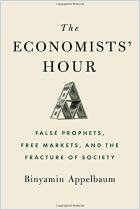
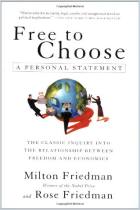
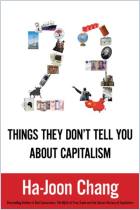
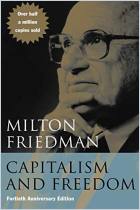
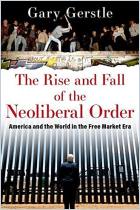
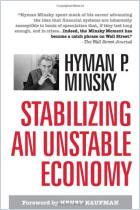


Comment on this summary or Diskussion beginnen